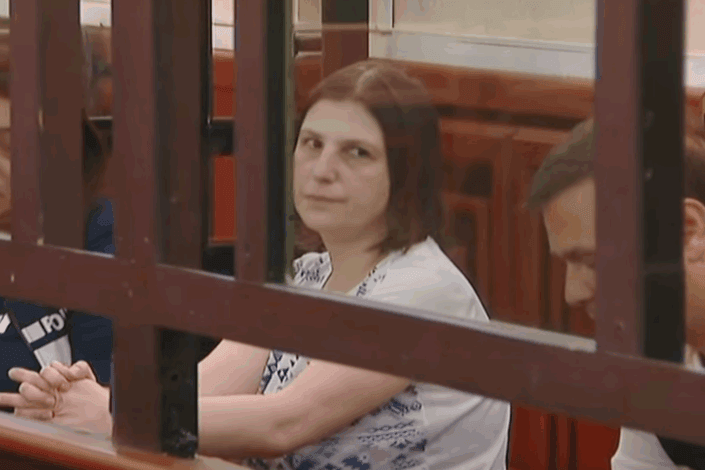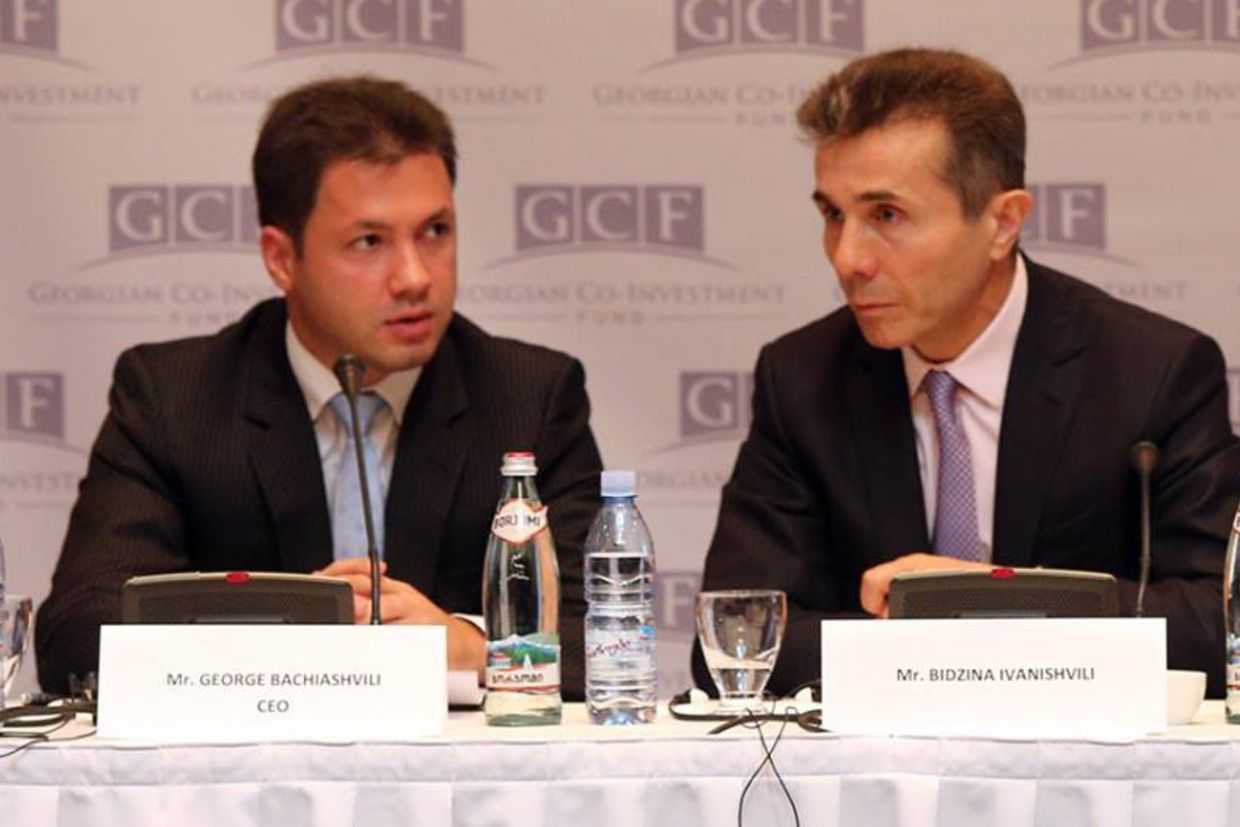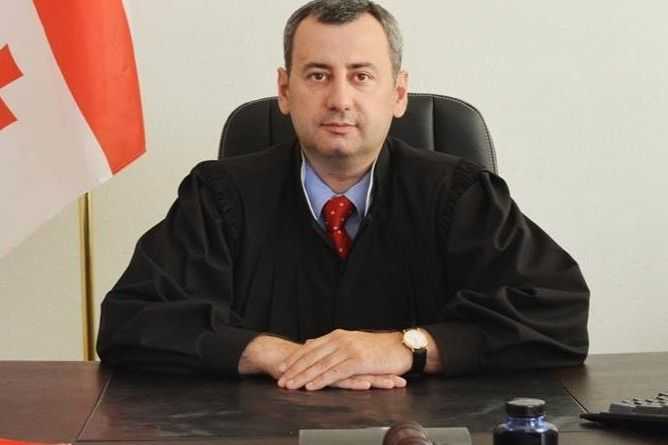
The Tbilisi City Court has approved a request from prosecutors to involuntarily transfer detained teacher and activist Nino Datashvili to a psychiatric facility for a twenty-day evaluation. Datashvili’s lawyers said that the move was an attempt to discredit and stigmatise her.
According to her lawyers, the prosecution’s request was based on medical records showing that Datashvili had undergone spinal surgery in 2019 and had since suffered from serious conditions, with worsening pain in recent years. The same documents also listed ‘emotional lability, crying, and heightened emotions’ as accompanying symptoms.
Tamar Gabodze, head of Partnership for Human Rights (PHR) and Datashvili’s lawyer, stated that she had submitted the document herself at the start of the case to demonstrate why the activist should not be held in pre-trial detention. However, the prosecution later used the same document to request the psychiatric evaluation once Datashvili had been detained.
Gabodze stressed that emotional lability, or rapid, unpredictable, and intense shifts in mood or emotional expression, is not a diagnosis but a symptom linked to the activist’s health condition and chronic pain.
‘In other words, the document states that Nino is in so much pain in her back and spine that she expresses it emotionally. I’ve been a criminal lawyer for many years […] and I can’t recall a single case where the prosecution sought a medical evaluation based on someone’s emotions or lability’, Gabodze told Formula TV.
According to Gabodze, this marks a ‘new tactic’ by the prosecution in its campaign against activists, particularly in a Georgian reality where psychiatry remains stigmatised.
‘The goal is to ultimately push Nino out of activism, discredit her, and forcibly, without any basis, confine her to a psychiatric institution. This means that any human rights defender who dares to speak out against the regime could be subjected to this vicious and utterly unlawful method’, she said.
‘The court stated that if Nino Datashvili refuses to undergo the evaluation, proportional measures of coercion would be applied — effectively granting permission for her involuntary transfer to a psychiatric facility’, she added.
The court’s decision drew sharp reactions from government critics, with many comparing the treatment of Datashvili to Soviet-era practices, when dissidents were punished by being confined to psychiatric institutions.
A group of mental health organisations and professionals responded to the order with a statement condemning the ‘political use of psychiatry’.
Drawing a historical parallel, the statement recalled the case of Georgian journalist Nazi Shamanauri, who was placed in a psychiatric facility along with her mother in retaliation for her criticism toward the Soviet authorities. Her diaries described the inhumane treatment she endured there. Only four months after she was forced into the facility, Shamanauri died.
‘We urge you to put an end to this alarming and harmful practice before it takes root, and to prevent psychiatry and medicine from becoming tools of political retribution, as is characteristic of fascist regimes’, the statement read.
The Georgian Association of Social Workers also commented on the matter, stressing that ‘a person’s mental health must not be used as a tool for political or activist persecution’.
In response, the Georgian Prosecutor General’s Office said that it found it ‘reasonable’ to request a psychiatric evaluation of Datashvili, ‘as the medical documentation submitted by her lawyers referred to the defendant’s psycho-emotional condition’.
The statement also noted that ‘in similar cases, a psychiatric evaluation is always requested’.
Datashvili was remanded to a pre-trial detention facility on 20 June after she was accused of ‘assaulting a court bailiff’ during the trial of eight anti-government protesters, a crime punishable by a fine or imprisonment from four to seven years.
After bailiffs barred spectators from entering the courtroom, Datashvili asked on what legal basis they were doing so. Footage published by local media shows Datashvili then being pushed out of the building by several men.
‘The grounds for the detention are absurd’, Datashvili’s lawyer Gabodze said at the time.
‘It says that there is a danger of her committing another crime, going into hiding or influencing witnesses. None of those circumstances are relevant in Nino’s case’, she said.











